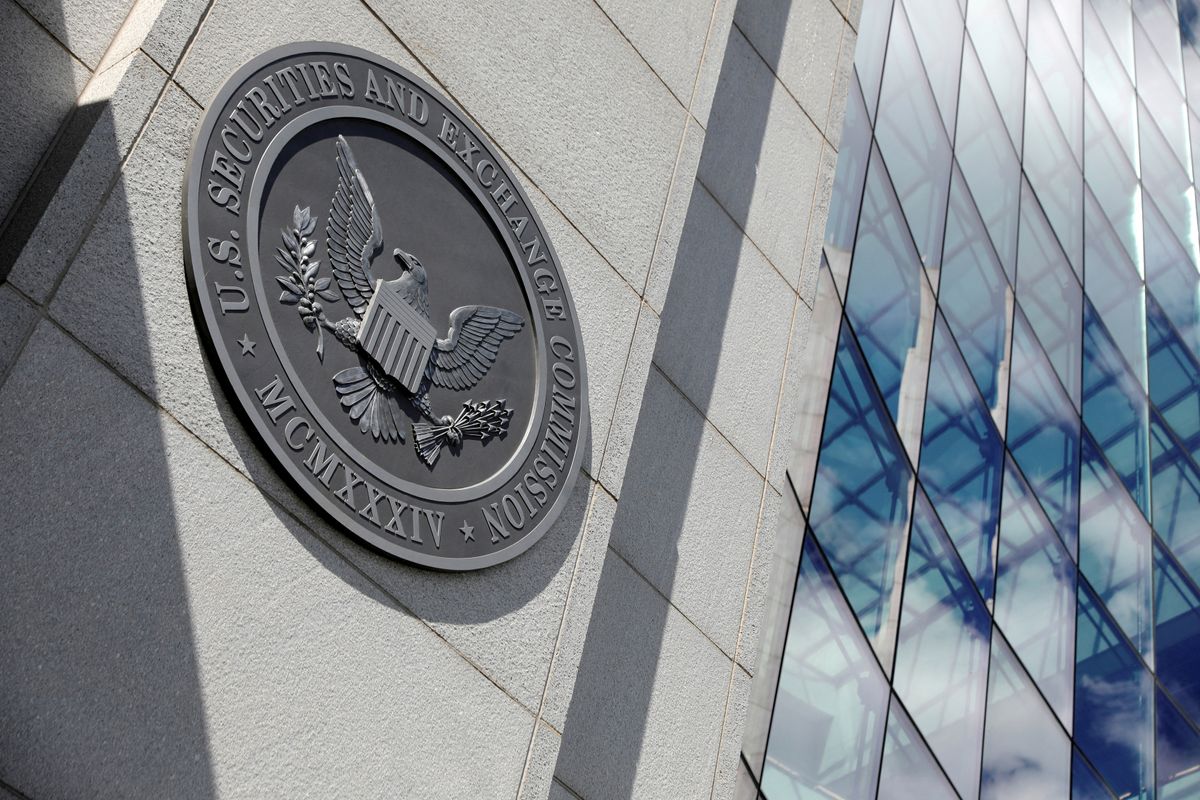Crypto exchange Bittrex files for bankruptcy protection
Because the cryptocurrency market is pretty new, it’s not regulated the same way that traditional finance is.

A few minutes every morning is all you need.
Stay up to date on the world's Headlines and Human Stories. It's fun, it's factual, it's fluff-free.
The backstory: Because the cryptocurrency market is pretty new, it’s not regulated the same way that traditional finance is. And it's been really volatile, with coin prices skyrocketing and plummeting left and right and crypto exchanges going belly up because of sketchy handling by the people behind the curtain. So policymakers everywhere are trying to figure out how to approach the crypto market and keep investors safe.
Specifically, the US Securities and Exchange Commission (SEC) is not a big fan of crypto, with its chair calling it the "Wild West." Basically, the SEC thinks that almost everything in crypto is a security, so it should be treated like other securities (like stocks and bonds, etc.) and follow the same rules. But, most crypto firms don't agree that their products are the same as securities and often don't even register with the SEC. Because of that, the SEC has been cracking down on crypto firms that it thinks aren’t following the rules.
More recently: We recently talked about how crypto exchange Coinbase is suing the SEC. The company had asked the SEC to clarify the rules that apply to digital assets like crypto. In fact, it even suggested the regulator come up with some new rules specifically for digital assets. Since the SEC hadn’t answered yet, and then it sent a Wells notice (meaning it could take civil enforcement against you) to Coinbase, the company is taking the regulator to court to make it answer the petition. The firm has pointed out that a lot of exchanges may just leave the US altogether because the rules aren’t clear enough.
One example of the SEC’s crackdown is Seattle-based Bittrex. Bittrex is a crypto exchange that has been around since 2014 and has grown into a massive platform. Last year, Bittrex got fined a cool US$29 million by the US Treasury for not following anti-money laundering laws and sanctions on some countries. Then, last month, the SEC filed a lawsuit against Bittrex and its ex-CEO, William Shihara, for running an unregistered securities exchange. According to the agency, Bittrex made over US$1.3 billion but never bothered to register with the SEC or follow the rules. Plus, its ex-CEO allegedly encouraged crypto issuers to delete anything that might raise regulatory eyebrows.
Bittrex has said it doesn’t offer securities or investment contracts on its platform, so it didn’t need to register. The exchange also previously announced it would be closing its US arm as of April 30 because of all this regulatory uncertainty. It does still have Bittrex Global, which is based in Liechtenstein.
The development: Now, Bittrex is in a real bind and has filed for bankruptcy protection in Delaware. The company has said that its international arm, Bittrex Global, won’t be affected. The US-based exchange's assets and liabilities are valued between US$500 million and US$1 billion, and aside from the Treasury Department, most of its largest creditors are customers.
The company still holds crypto belonging to US customers who didn't withdraw their funds by April 30, including one account that has US$14.6 million in assets. So now it's planning to ask the bankruptcy court to give limited access to customer accounts so it can return these assets to their rightful owners.
Key comments:
"Bittrex Global was founded upon principles of security and compliance -- and we take great pride in our global reputation as one of the longest-standing and most compliant exchanges in the world," said Bittrex Global when the SEC filed its lawsuit.
"Today's action, yet again, makes plain that the crypto markets suffer from a lack of regulatory compliance, not a lack of regulatory clarity," said SEC Chair Gary Gensler in a statement.
"Crypto asset entities might use these in lieu of audited financial statements in order to obscure and confuse customers about the safety of their assets," said the SEC, regarding some exchanges' "proof of reserves" services, in its investor alert issued in March.




Comments ()